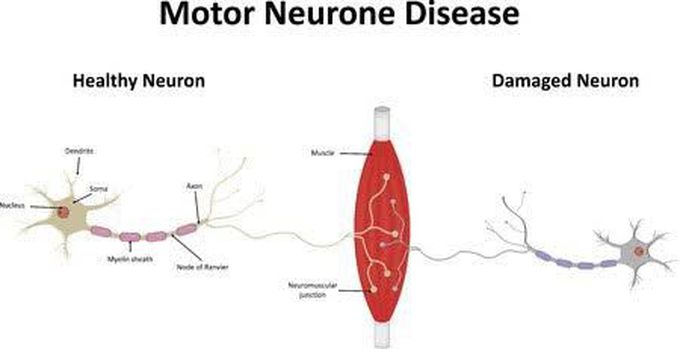


Symptoms progression of motor neuron disease
The symptoms of motor neurone disease begin gradually over weeks and months, usually on one side of the body initially, and get progressively worse. Common early symptoms include: a weakened grip, which can cause difficulty picking up or holding objects weakness at the shoulder that makes lifting the arm difficult a "foot drop" caused by weak ankle muscles dragging of the leg slurred speech (dysarthria) The condition isn't usually painful. As damage progresses, symptoms spread to other parts of the body and the condition becomes more debilitating. Eventually, a person with motor neurone disease may be unable to move. Communicating, swallowing and breathing may also become very difficult. In up to 15% of cases, motor neurone disease is associated with a type of dementia that can affect personality and behaviour. This is called frontotemporal dementia, and is often an early feature when it occurs in motor neurone disease. The affected person may not realise that their personality or behaviour is different.

